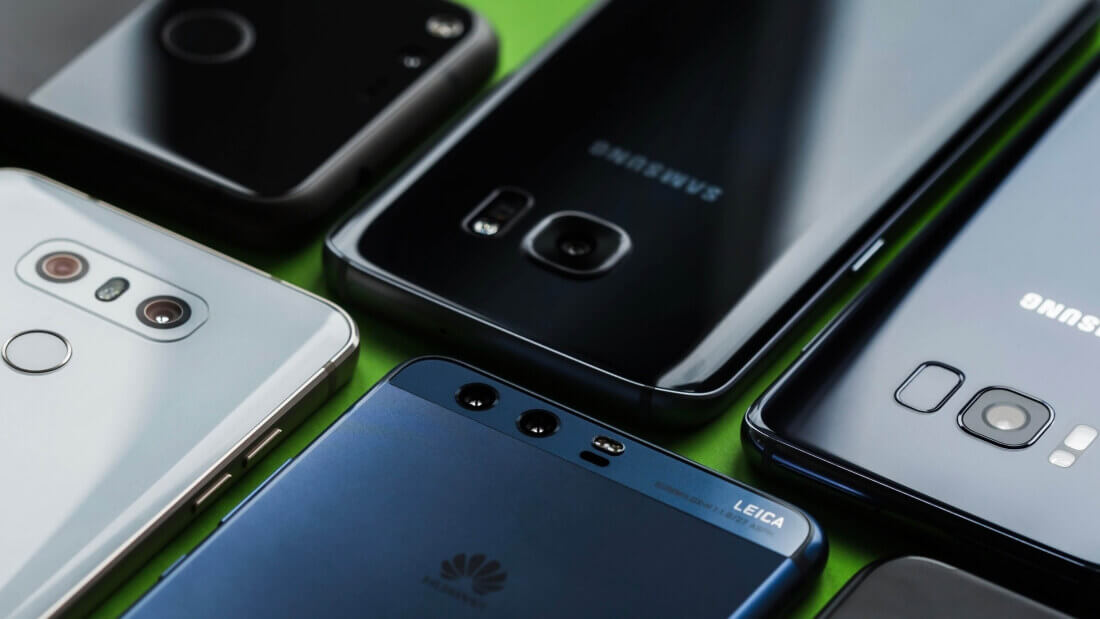The big picture: Samsung dominated the European smartphone market for the second quarter of 2019 by taking advantage of Huawei's Entity List problems and aggressively pushing its budget-oriented smartphones to consumers who prioritize value over brand. Apple also lost some customers, but more importantly Xiaomi saw significant growth to almost 10% market share.

According to research firm Canalys, the European smartphone market has been shaken up by Samsung, who managed to reach a 40 percent market share for the first time in five years.
The state of the European market for the second quarter of 2019 shows the Korean giant made the right decision to focus on its A series smartphones, which make up two thirds of the total number of 18.3 million shipped units. Apparently that's more than any other company managed to sell with their entire product range.
The biggest losers in the process have been Apple and Huawei. The first managed to sell 6.4 million iPhones -- a 18% drop -- and the latter saw a similar hit as a result of mounting pressure from the US-China trade war. Still, Huawei managed to stay ahead of Apple with 8.5 million units shipped to European consumers.
Interestingly enough, Xiaomi grew almost 50% when compared to last year, leaving HMD Global (Nokia) and other value-oriented brands in the dust. Carriers have historically shied away from selling Xiaomi phones because of the low profit margins, but now appear to have less of a choice as the number of alternatives diminishes every year.
The market intelligence firm believes Samsung's good fortunes are also the result of a lack of brand loyalty in the low end and mid range segments of the market. That means the company only registered a small victory, in contrast to companies like Apple, who focus more on profit margins and not on unit sales.
This report mirrors the overall conclusions that Strategy Analytics and Counterpoint Research drew about the global smartphone market, which remains as competitive as always. Things are about to get heated next year with Apple supposedly preparing three 5G-ready iPhones, and Huawei potentially bringing its first HarmonyOS-powered smartphone to the market.
https://www.techspot.com/news/81411-samsung-selling-more-phones-eu-expense-apple-huawei.html